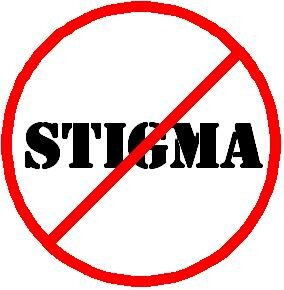In this post, Evelyn shares her experience with stigma.
“We’re not going to tell anyone about this,” I whispered to my husband as my doctor exited the exam room after sharing very sobering news. For a year we kept quiet.
When I was diagnosed with Hepatitis C, I allowed stigma into my life. When a nurse at our oncologist’s office reused syringes during chemotherapy, I was one of 99 Nebraskans who were infected with hepatitis C. This diagnosis brought about intense feelings of shame, even though I had done nothing wrong. For a year, I was stunned, immobile.
As I worked through my grief, I overcame stigma. With a variety of key supporters and partners, I established a national patient safety foundation, Hepatitis Outbreaks’ National Organization for Reform (www.HONOReform.org). We work hard to prevent healthcare-associated infections and partner with national hepatitis education and advocacy organizations. I’m proud of our work.
However, I regret my year of inertia. If I had started our advocacy work right from the moment of my diagnosis, how many other outbreaks could have been prevented? How many people could have been spared from being infected while receiving medical treatment?
The year of paralyzing stigma taught me several things.
• Stigma isn’t rational, but it is fed by ignorance and fear. Since the outbreak was so large, many people in our community worried that sharing eating utensils with an infected person may infect them, or that the virus would spread through the air. These common misperceptions are not true, but fear of this deadly disease is rampant.
• Stigma harms everyone—the infected person, her family, the wider community. I allowed stigma to cloud my judgment regarding important decisions. For a year, I did not educate my family and close associates about my disease or to be on guard for accidental (though rare) exposure to my blood. I did not advocate for injection safety to my local healthcare providers or public policy makers, as I do now.
• Stigma is real and it is powerful, but it can be overcome. Through sharing my story time and again, stigma has lost its power over me. I openly talk about my Hepatitis C infection – in fact, people who spend time with me think I am a broken record! A side benefit of overcoming stigma is that I no longer make judgments about people based on their health status. I know from personal experience that, “but for the grace of God, go I.”
Today is World Hepatitis Day. According to the World Health Organization, 130-150 million people globally have chronic hepatitis C infections. It is time to bury the stigma attached to Hepatitis C, regardless of the cause, and advocate for prevention, treatment and understanding.
What can you do to eliminate the stigma of Hepatitis C? Sharing your knowledge about Hepatitis C is key. Take every opportunity to help people understand Hepatitis C and how it can be prevented. Tell your personal story of Hepatitis C, and the importance of injection safety as prevention. You owe it to yourself and to your loved ones, because stigma harms everyone.


